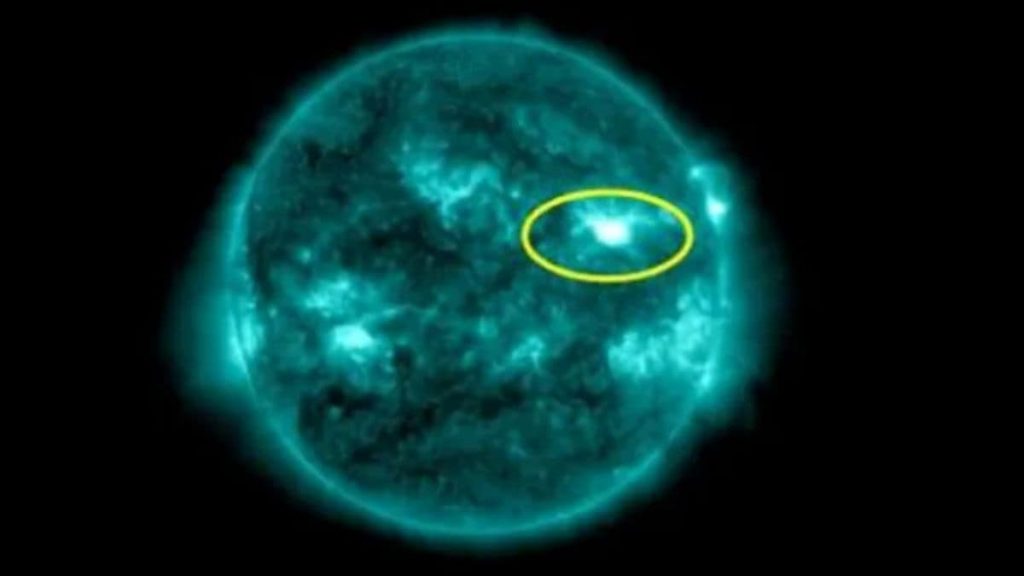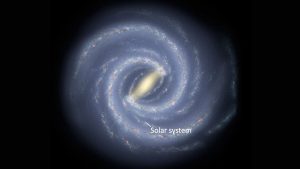Massive Solar Flare Closes 2024 With Radio Blackouts and Auroral Possibilities

A significant solar event marked the end of 2024 as the Sun unleashed an X1.1-class solar flare early on December 29. The flare, one of the most intense types of solar eruptions, occurred at 2:18 a.m. EST (0718 GMT) on the northwest Earth-facing side of the Sun. The eruption resulted in a strong radio blackout affecting parts of Earth, according to updates issued by NOAA’s Space Weather Prediction Center (SWPC). The occurrence adds to the ongoing activity observed during Solar Cycle 25, characterised by heightened solar activity.
Solar Cycle 25 Activity Continues
According to reports from NOAA’s Space Weather Prediction Center, the flare was detected by the GOES-16 weather satellite, part of a collaborative effort between NOAA and NASA to monitor space weather events. As reported by space.com, SWPC noted that investigations are underway to determine whether the flare produced a coronal mass ejection (CME). CMEs, which are massive releases of solar material, can enhance auroral displays and potentially disrupt satellites and power systems if directed at Earth.
Comparisons with Past Solar Flares
While the recent X1.1 flare was impactful, it was not the largest solar flare of the year. That distinction belongs to an X9-class solar flare recorded on October 3, which ranks among the top five largest solar flares since 2005. The intense activity during Solar Cycle 25 has exceeded initial forecasts, with experts continuing to monitor its progression.
Potential Auroral Displays
Reports suggest that if a CME is linked to the latest solar flare, there could be amplified northern light displays in the coming days, coinciding with New Year celebrations. SWPC officials remain vigilant, tracking the flare’s aftermath to assess any further impact on Earth’s systems.
This event underscores the Sun’s dynamic behaviour as it approaches the peak of its solar cycle, drawing attention from researchers and space weather enthusiasts worldwide.





